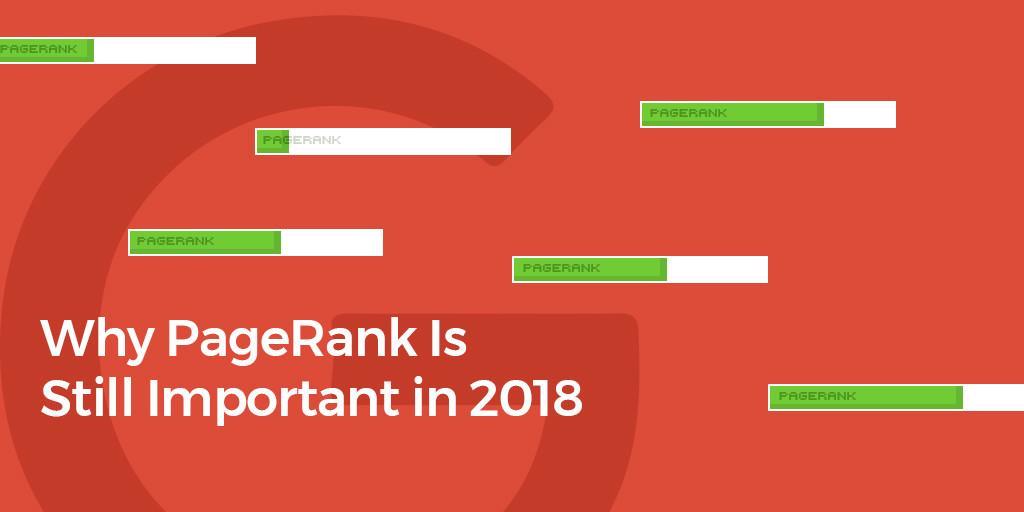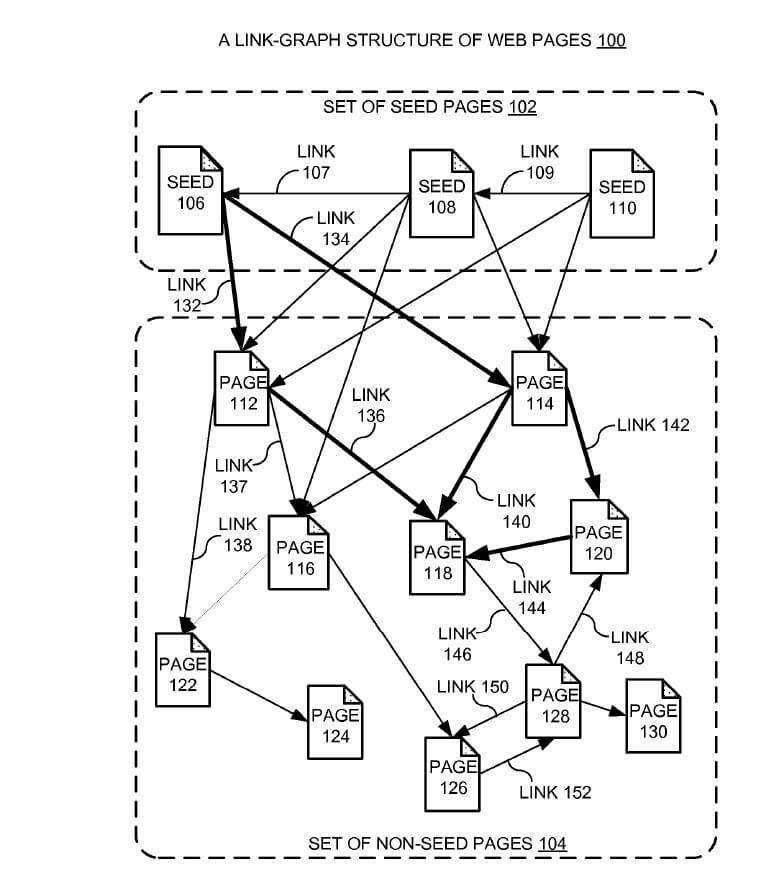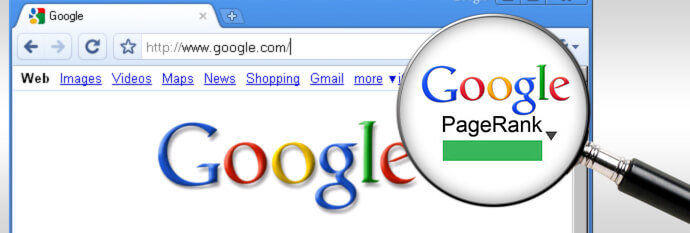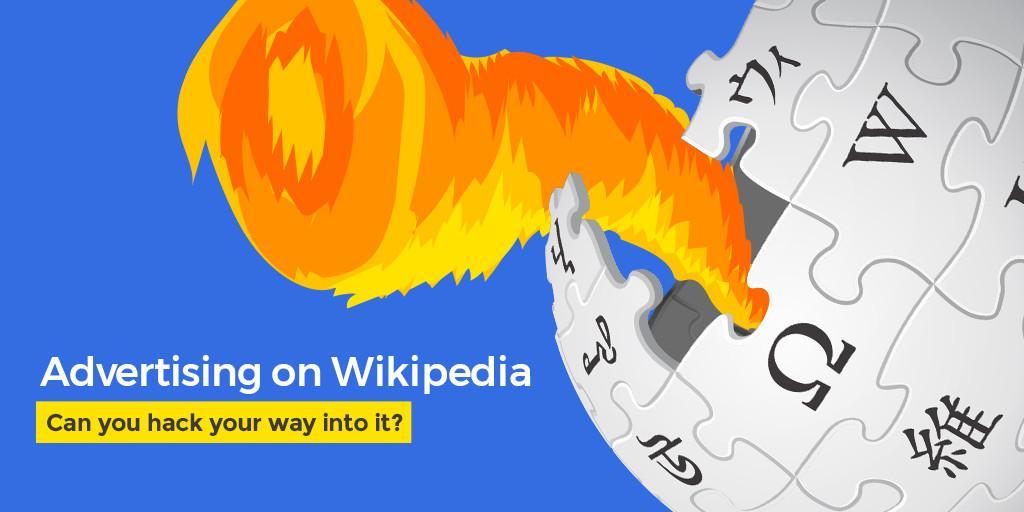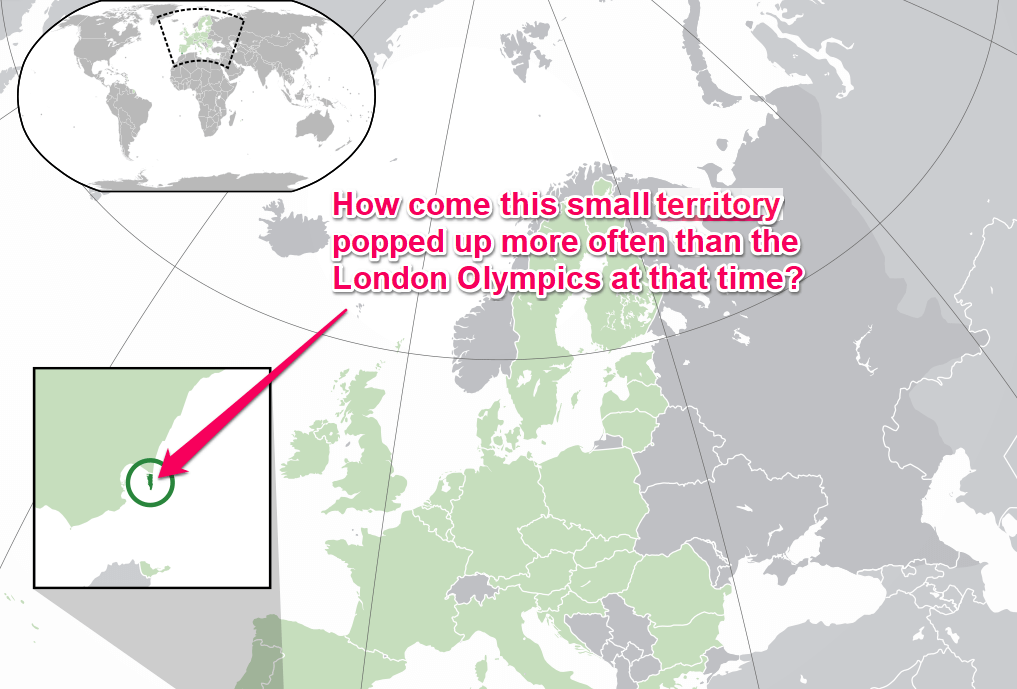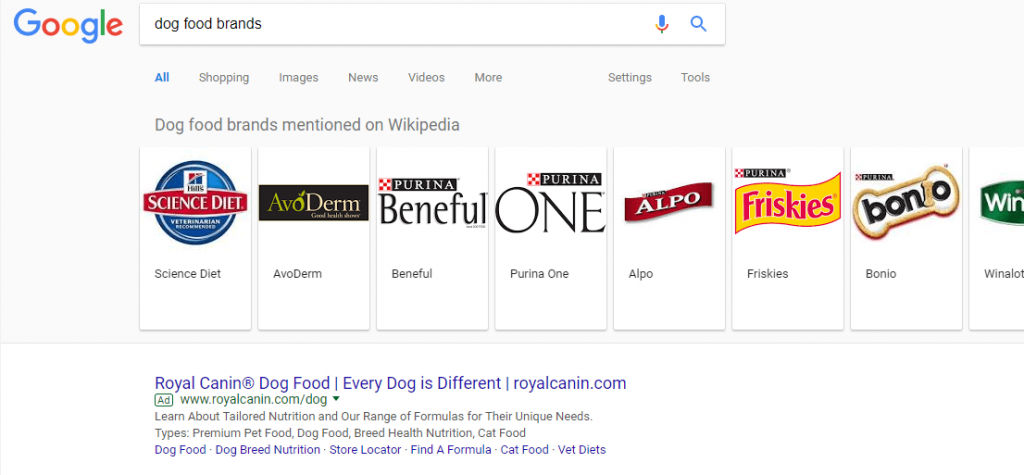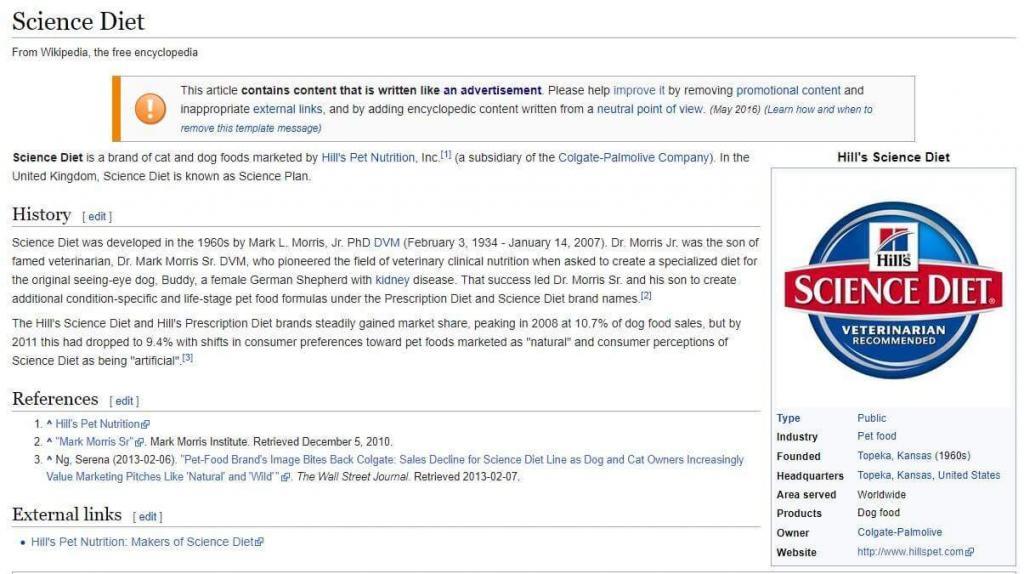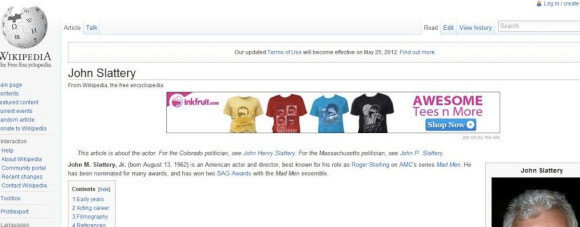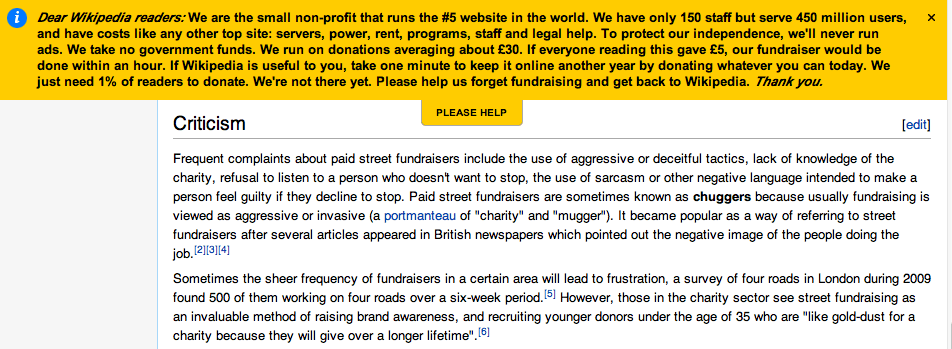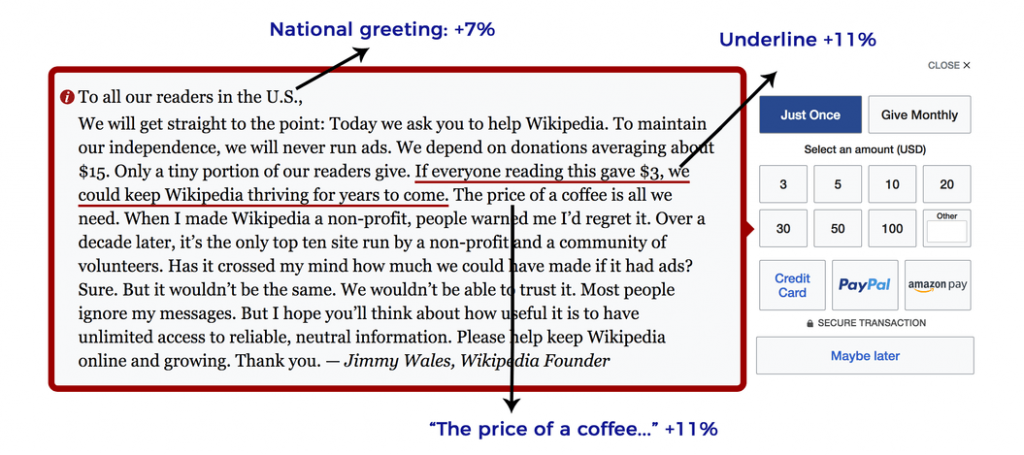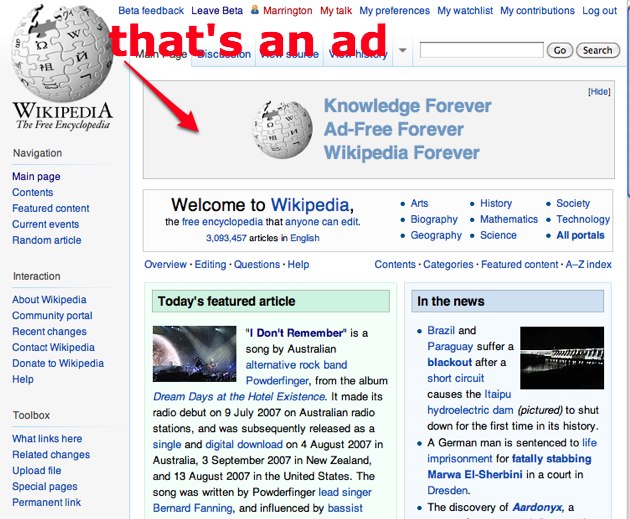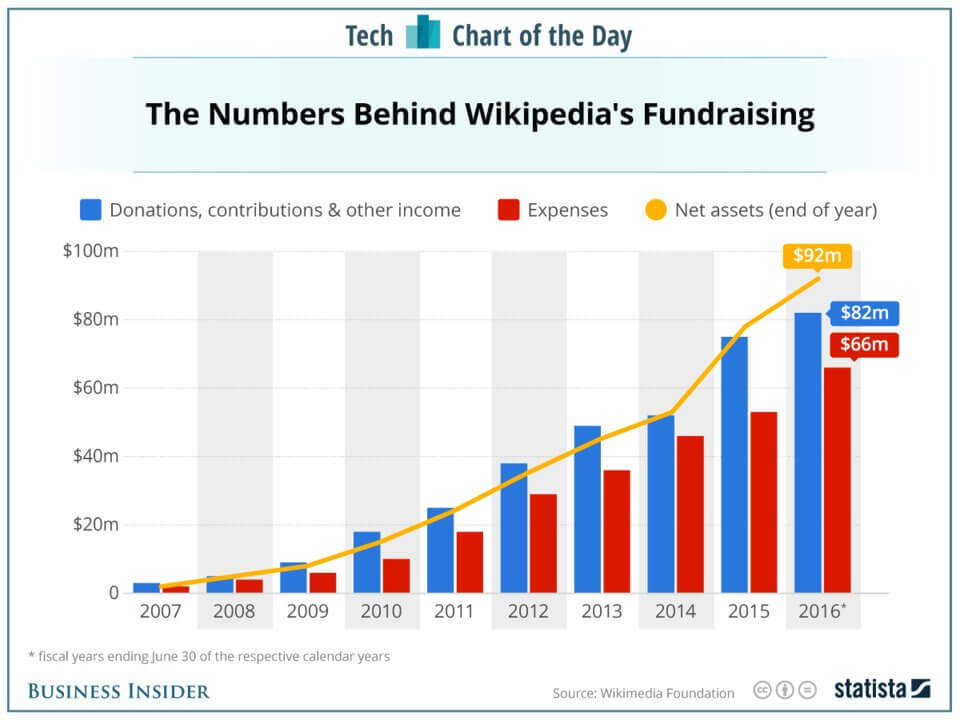Local SEO myths – what a tangled topic to discuss. You might get caught on the subject and start feeling intimidated thinking of the high amount of work you must do to rank in local SEO. Which, obviously, is unreal. Don’t get us wrong: it’s difficult indeed, but far from impossible.
In the local SEO area there are always new things to discover that can help your business get new customers, improve your visibility and get more local searches. Let’s bury all the local SEO myths and misleading strategies. Today, we’ll get this topic straight once and for all.
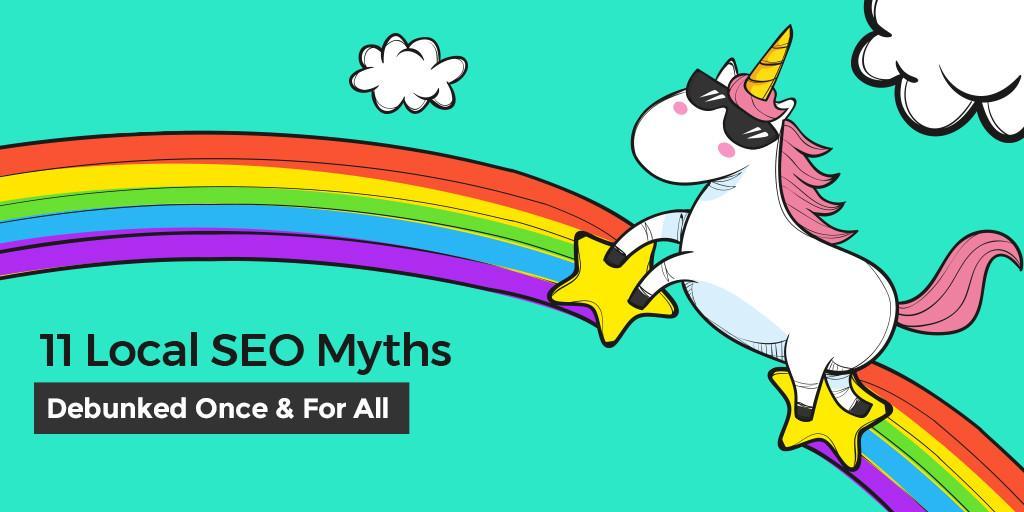
We’ll catch upon the top local SEO myths that must disappear forever because they can get your website flushed down. 11 is my lucky number and what better way to save your website than using the right amount of information, following instructions and taking advantage of a bit of luck?
- Claiming Your Website in Google Is a Surefire Way to Boost Your SEO
- Google Displays All the Information from GMB Dashboard
- Deleting Your Listing in Google My Business Will Remove It from Google
- You Don’t Need Backlinks If You Have Citations
- Citation Won’t Help Your Business in Any Way
- Nobody Reads Reviews Anymore
- Lots of Google+ Posts and Followers Will Improve My Rankings
- Content Is Good Only for Organic Search and Not Local Search
- Optimizing for Location Keywords Will Skyrocket Your Ranks in Local Search
- Meta Descriptions Are Important for Ranking
- Social Media is Useless for Local SEO
I really wish these myths died, not just for local SEO but also for SEO in general. We’ll make the first steps now, by taking them into consideration and learn the right way to do local SEO.
Researchers showed that people search for local businesses online. 97% of consumers looked online for local businesses in 2017, with 12% looking for a local business online every day says a report from BrightLocal.
1. Claiming Your Website in Google Is a Surefire Way to Boost Your SEO
Claiming your website in GoogleMyBusiness can bring lots of benefits. But, on the other hand, it is misleading to say that claiming your website in GMB can skyrocket your local rankings. This action has lots of other benefits. It can not assure you high rankings.
What it can do instead, is generate traffic to your site and social accounts, target local clients to your offline location, get higher visibility on Google search and maps.
Listing your business in Google can help you increase your local rankings, but there are lots of other steps you need to take to say it will definitely bring a higher position. Google’s guidelines explicitly tell you what you need to do in order to help your website rank in local search, but that is not a guaranty if you don’t do it right.
One of the most important aspects to keep in mind is to keep improved information about your business and have:
- Accurate business information regarding NAP (Name, Address, Phone Number);
- Updated working hours (make sure you select the dates when your office is closed, such as national days or celebrations);
- Correct coordinates to your location;
- True pictures of your product and services;
- Responses to your reviews to show to your clients you value their opinions and want to build a relationship.
In the era when everybody stays with the mobile phone in their hand, it is stupid not to take advantage of that behavior and get your store into users’ attention by claiming your website in GMB.
Imagine you go to Madrid, you visited Santiago Bernabeu and what to eat something. It’s your first time in the city, don’t know much, you speak a different language. How do you find a place? By foot, it could be tricky and difficult because you don’t know which way to go.
At that moment you can search on maps “restaurants near you”. The easiest and most effective way to find a place where you could eat. You can get lots of recommendations:
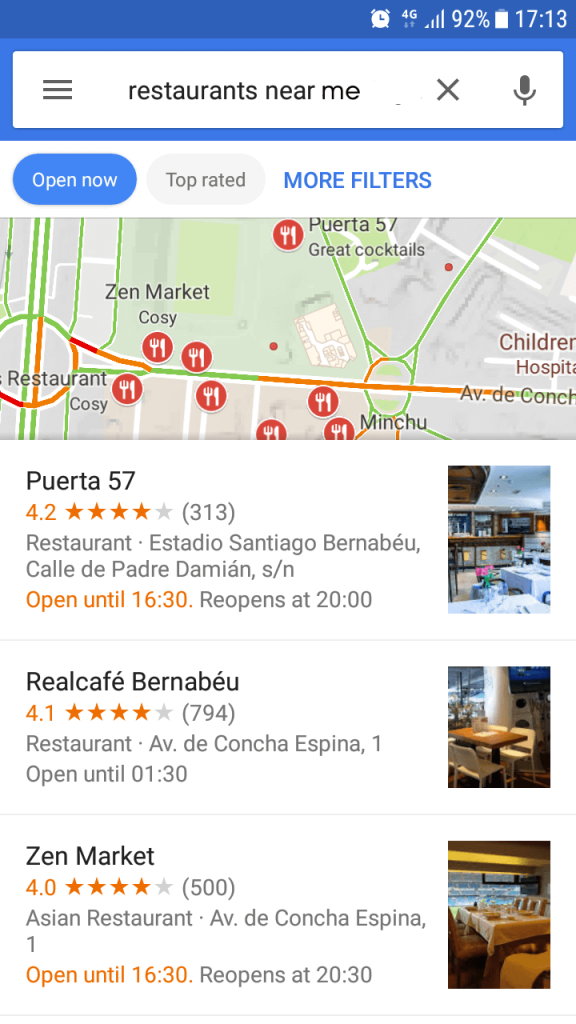
Look on that list and find the restaurants pinned on the map to get an idea of their location. Then choose the one you like, see distance, see opening hours and then get directions:
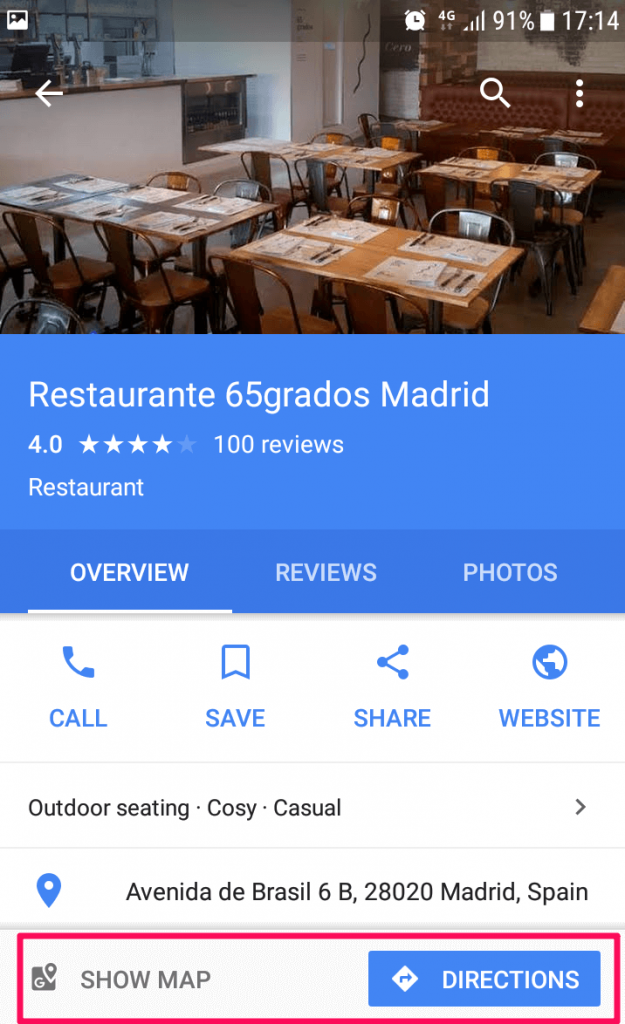
The bottom line is that claiming your website in Google is not a surefire way to boost your SEO. Besides claiming it, you have a lot of information that you need to add and there are a lot of factors that can influence the local rankings.
Listing your business in Google can bring you lots of other benefits, such as targeting local clients offline and generating organic traffic to your online website and social media accounts, increasing visibility on Google search and maps, building trustful relationships, creating awareness, and so much more.
Google’s documentation explains that there is a possibility to improve your local rankings but IF and ONLY IF you follow the recommendations expressed there. Relevance, distance, and prominence are the factors Google uses in this case. There isn’t a 100% guarantee that even if you follow them you could skyrocket your rankings. Nothing can give you that assurance.
2. Google Displays All the Information from GMB Dashboard
Business owners have the option to add a lot of information and whatever they want in GMB, starting with contact information, pictures, posts, and so on. Below you can see how the dashboard looks like for an account and what sort of data you can put there.
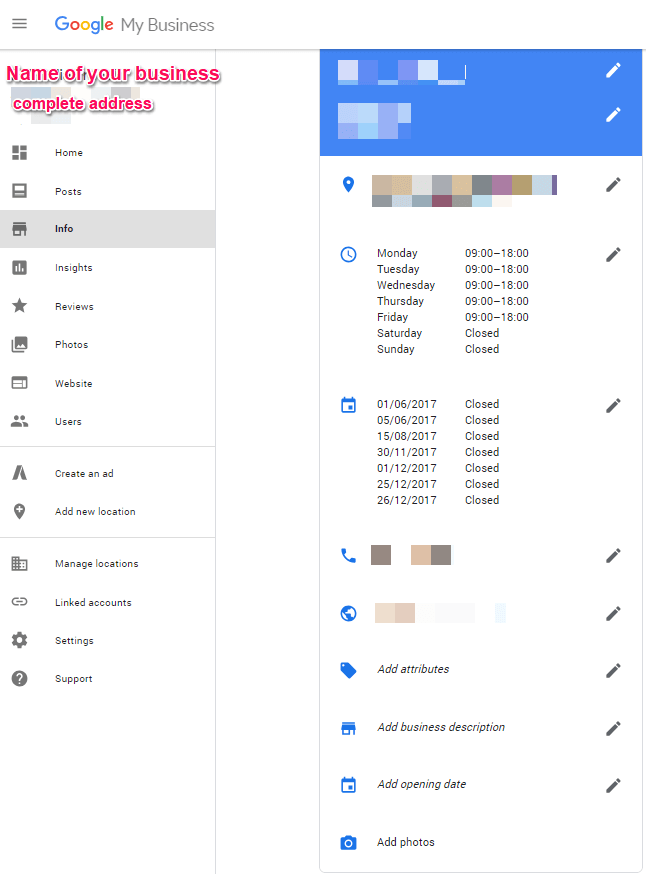
You might think that Google displays all the information you add to Google My Business, but that’s not entirely true. Let’s demystify this myth: Google displays whatever information from GMB dashboard. Moreover, there were multiple situations when business owners complained online that their business hours were changed.
That happened because Google collects information about a listing from multiple sources. Google verifies the listings from GMB and gathers data from the business website, the edits made on Google maps and lots of other third-party sources. In the situation below, the verification team from Google wasn’t able to properly read the business hours listed on the business website.
And on top of all, there is the option that somebody else edited your listing. Now, anyone can edit a listing and it doesn’t even have to be registered. Even the competitors can edit your listing, but that doesn’t mean it will necessarily be approved if Google sees it is not relevant.
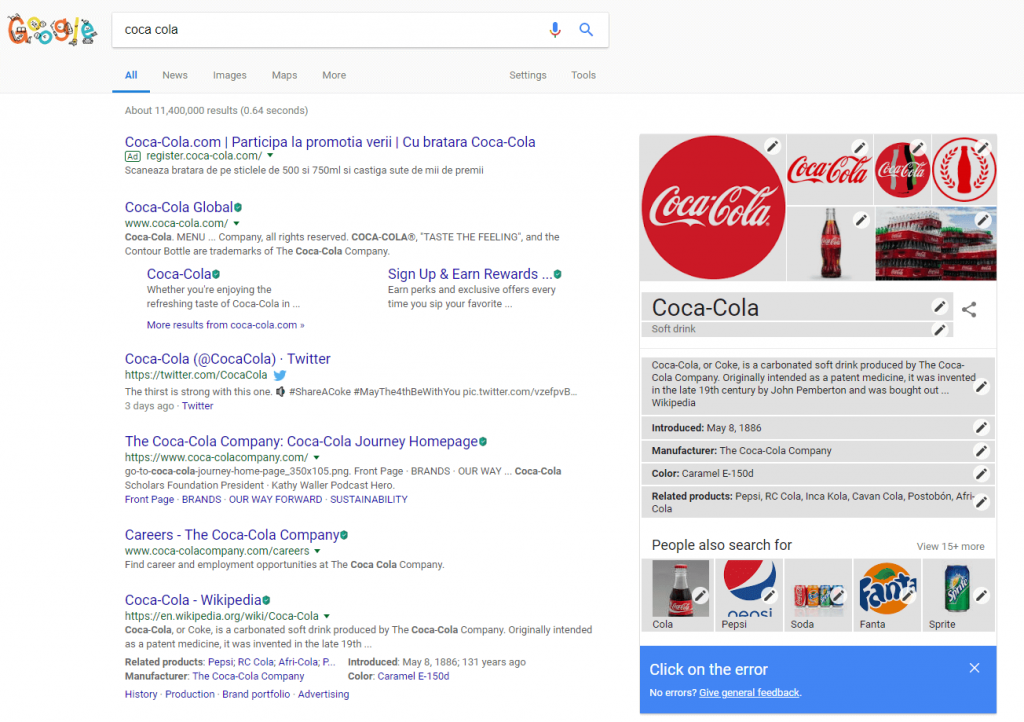
3. Deleting Your Listing in Google My Business Will Remove It from Google
Another myth that started to grow is believing that if you delete your listing in GMB it will remove it from Google, too. This started by the time duplicates began to appear. Since there are duplicate listings, it is only natural for business owners to get rid of them.
Below you can see an example of a duplicate listing.
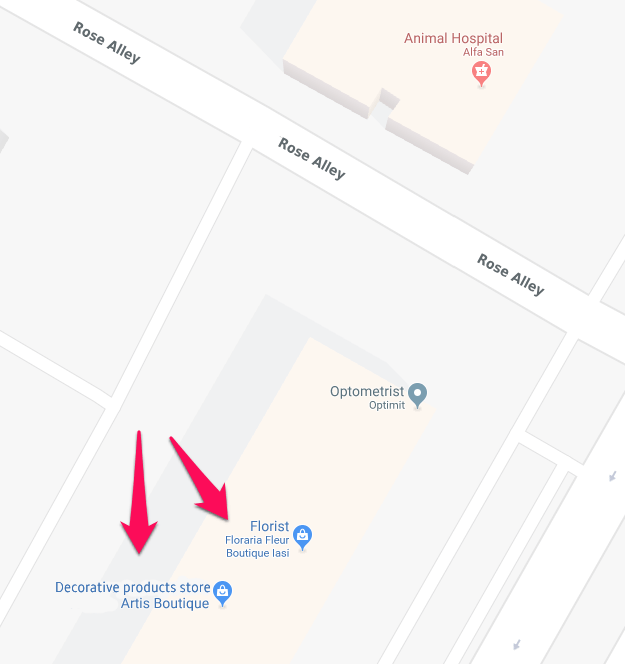
They both have the same address, one of them has contact information and photos, while the other has nothing. The explanation, in this case, is simple. At this specific address was Artis Boutique, then they moved and another florist took its place: Fleur Boutique.
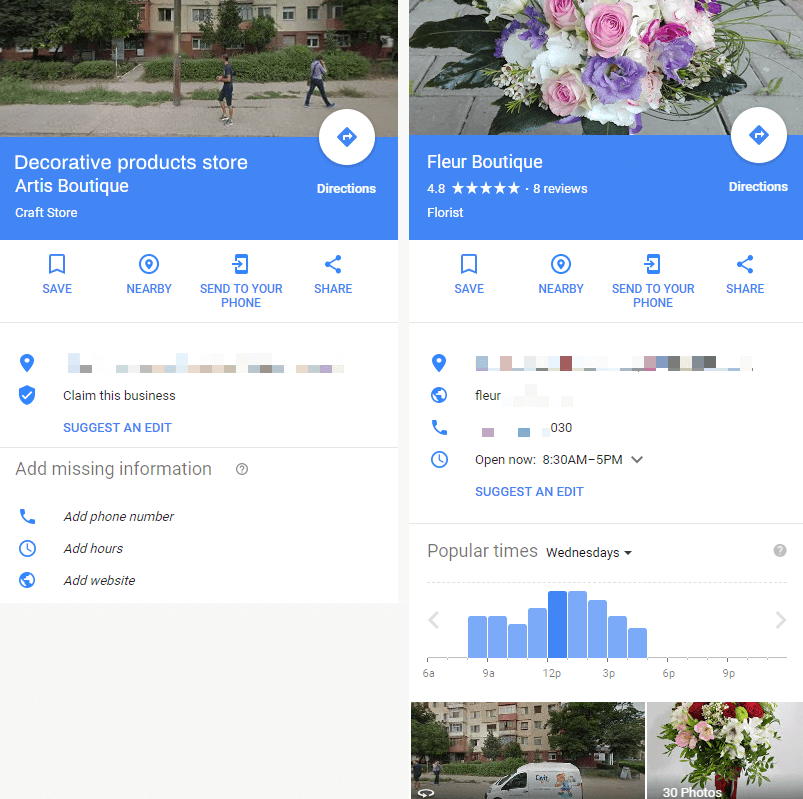
As you can see, the first listing is not verified, it doesn’t have an owner because you can see the message: Claim this business. The common practice when finding a duplicate listing is for the owner to claim it and then delete it. The fact is that if you want to delete a listing, you get a misleading message:
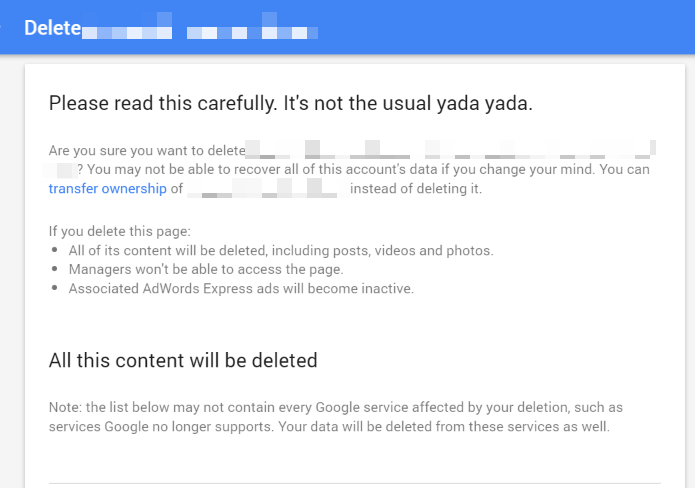
The message says that it will delete all the photos and videos and every piece of content there is about that listing on Google Maps. What will actually happen is making that listing unverified. The problem started with this spooky message, and people thought that if you delete your listing in GMB it will automatically and irreversibly delete it from Google as well. *myth alert*
If you chose to delete your listing from GMB, it will continue to exist in Google maps and can rank, but only if you no longer want to manage it.
4. You Don’t Need Backlinks If You Have Citations
Citations are mentions of your company’s NAP (name, address, and phone). There are people who say and think you don’t need backlinks if you have citations or that if you have too many citations is enough. Thousands of opinions exist upon the fact that citations are the most valuable factor for ranking locally.
A lot of people focus mostly on citations instead of links. That’s why you see lots directories cluttered with a bunch of lists of businesses. Lots of people preach NAP consistency in a wrong way and then end up asking why aren’t they ranking locally.
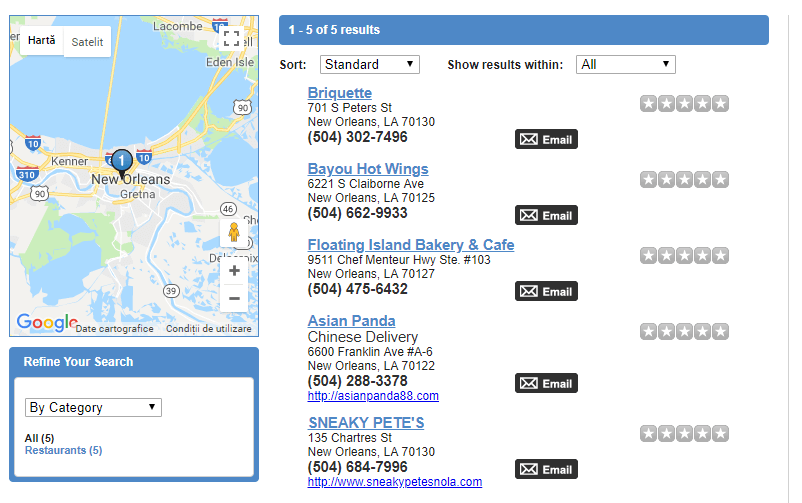
Spoiler alert: Yellow pages are no longer a hit!
If your strategy focuses more on citations instead of links, you can’t build authority for your website. Citations are important for your business, but so are the backlinks.
Arguably, an even more relevant aspect is the top 3 rankings factors in Google. Let’s all remember them: content, links, and RankBrain so links must be important in the local ranking too, besides relevance and other local search ranking factors mentioned before, such as relevance, distance, and prominence.
Garry Grant, founder at SEOinc explains the importance of links in organic ranking:
| Linking has always been one of, if not the biggest ranking factor when it comes to organic search results. Having authoritative and high domain authority links increase a sites backlink profile/authority and provide huge ranking benefit, especially if the referring domains are directly relevant to the product or service. |
 |
Garry Grant |
| Founder of SEOinc |
So, let’s all agree that citation has so little to do with local rankings now, that you shouldn’t focus your strategy entirely on it. By building hundreds of citations without bringing any value through your content and building high domain authority you won’t rank high in SERP.
5. Citation Won’t Help Your Business in Any Way
On the other side, there are those people who think citations won’t help their business in local SEO and can’t boost the rankings in search engines. If you want to get lots of calls, if that is an important goals for your business, then and only then you can use citations more often.
Steve Napier, a freelance SEO consultant, explains the value brought by citations and how Google uses them in future verification processes:
| Google uses citations to verify the accuracy of the contact details in their local business listings too, as listing addresses or phone numbers which are out of date, incorrect or falsified, looks bad on them and causes people to question the reliability of their search results. |
 |
Steve Napier |
| Freelance SEO consultant at SEOmark |
Citations might not bring so much traffic to your website, but it can drive visibility to your business. For example, if you have a new business, people will find value in the fact you are listed on multiple sites and you exist online and can track you easily.
Darren Shaw, Founder of Whitespark, points out very well the process of using citations in your local SEO strategy:
| Citations are considered part of the foundational basics when it comes to local search. Once you have completed your citations you can move on to other areas like link building, engagement, content creation, and reputation management. |
 |
Darren Shaw |
| Founder of Whitespark |
6. Nobody Reads Reviews Anymore
If you managed to stay with us until now, I must reward your patience and your curiosity with another myth that started to be trusted by lots of people. It goes something like this: nobody reads reviews anymore, they can’t be trusted and there are lots of subjective opinions. That’s not entirely true and I’ll start with a few studies to help you understand the role of business and product reviews.
Previously, researchers have shown that people read reviews and on top of that, they trust them. 85% of consumers trust online reviews as much as personal recommendations according to a study by BrightLocal.
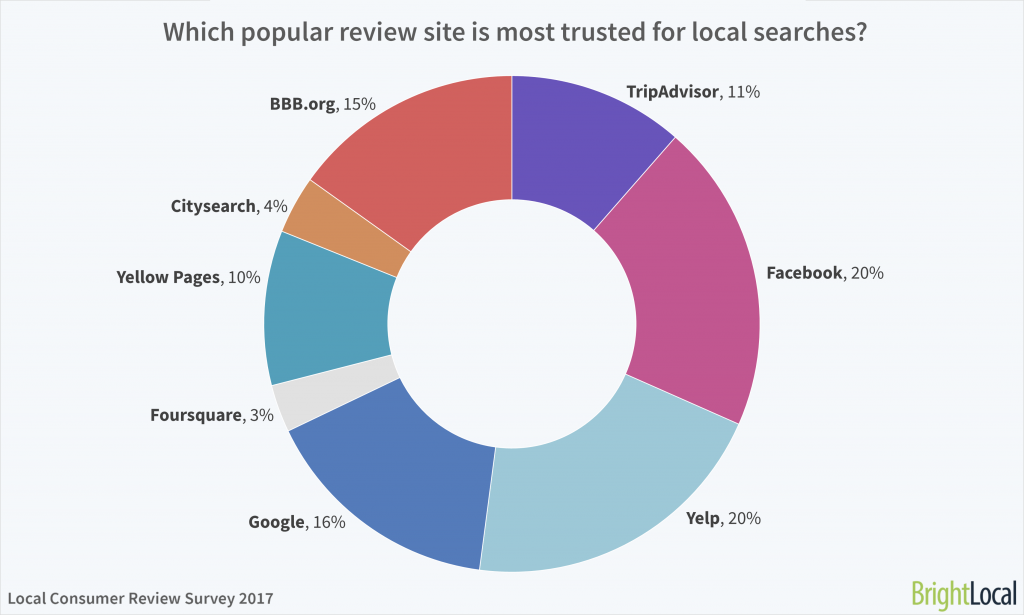
Source: brightlocal.com
Reputation is a strong indicator for helping clients to chose a local business. 93% of consumers read local reviews to decide if a business is good or not, which means only 7% doesn’t. That is a percentage you can’t avoid. All these researchers make it easier for us to debunk the myth.
In 2017, LocalSEO Guide performed a research with the University of California, Irvine, and PlacesScout and analyzed lots of rankings factors in local search. It turns out that reviews are an explicit ranking factor and Google confirmed it.
Reviews are obviously a driving factor of ranking in Google My Business pack results – Local SEO Guide.
Also, reviews can make it easier for clients to find you, but that only half of the battle, as Marcus Miller, the founder of Bowlerhat, points out.
| When we consider a page of search engine results there will be 20 or so other businesses listed on that page. So the consumer has plenty of options. The key to winning the online marketing battle is to consider not only visibility through SEO, PPC or other digital marketing but to also consider reputation typically through online reviews, case studies and testimonials. |
 |
Marcus Miller |
| Founder of Bowlerhat |
People are still reading reviews and he explains the benefits of having business reviews:
| You should always make your business the obvious choice. Have more reviews. And have the best reviews. Then, when a prospect is comparing you to several other potential suppliers you are already the favorite before you begin your engagement. And there are other benefits to having great reviews including being able to charge a good price for your services rather than simply having to compete on price. |
 |
Marcus Miller |
| Founder of Bowlerhat |
As the results showed and experts pointed numerous times, reviews have a high correlation with local rankings. And besides that, a positive impact towards conversions, buying decisions, online reputation.
7. Lots of Google+ Posts and Followers Will Improve My Rankings
We all heard this rumor once and started following it, foolishly: if you publish lots of Google posts and you have a large number of followers, it will definitely improve your local rankings. Don’t get yourself fooled. We only trust the results. So, that being said, let me tell what I’ve discovered over the years.
In our day to day business we’ve searched for lots of things. For the sake of our experiment, we searched on Google for a bunch of famous brands with and without the location next to it and we didn’t even find the Google plus account in the results.
Let’a take National Geographic, for example. The Google+ page has 15.840 followers. That’s a lot, right? Well, if we search for the exact brand name on Google, we won’t find the page amongst the results. Which is weird, because all the other social accounts are there (Youtube, Facebook, Twitter).
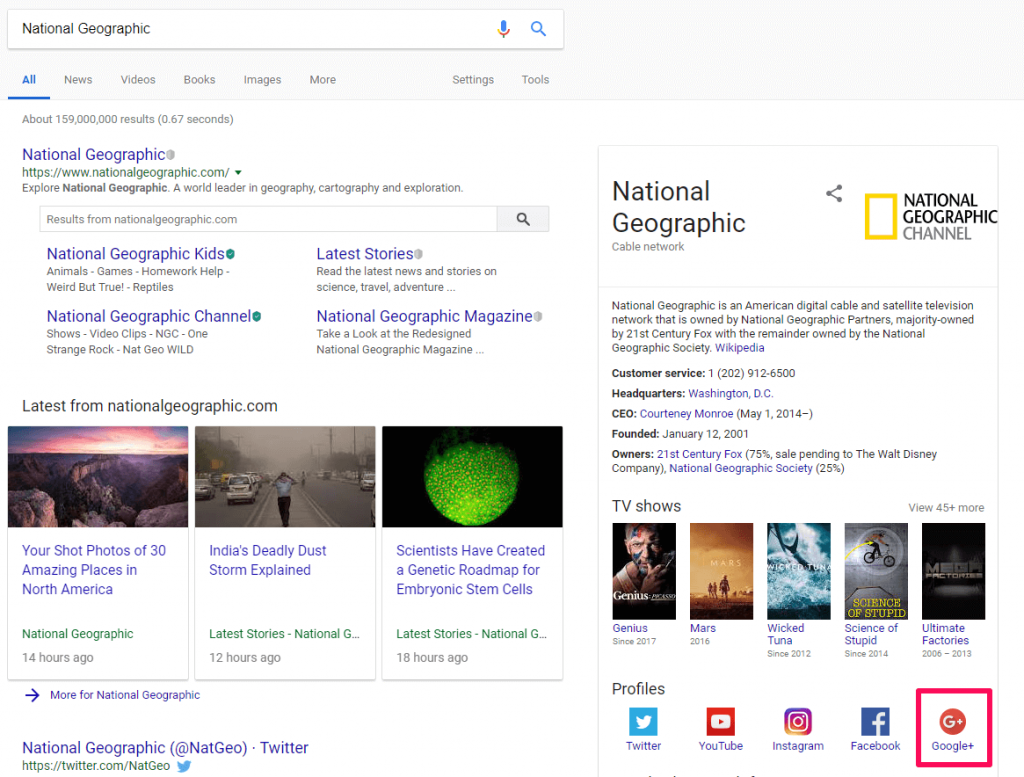
The interesting part though is the fact that the Google plus icon is on the Google search right side business information box.
We’ve replicated the same procedure on google.com for lots of other brands, such as Coca-Cola, Mcdonals (New York), Mercedes Benz (Kansas City) and also cognitiveSEO, of course. For some of them, we didn’t even see the icon on the right snippet box, as represented in the picture above.
Some time ago, if you performed a search for a brand name, the Google + account appeared in organic results and even on local results. That has changed in the meantime and, on top of that, Google doesn’t include a link to your G+ in the local pack. For the moment, you have the option to merge GoogleMyBusiness with your account to avoid duplicating G+ accounts.
So what’s the point of having lots of posts if not even your brand name appears in the results?!
Bottom line, if you have lots of Google+ posts and followers, most probably you won’t improve your search engine rankings. But that doesn’t mean it is irrelevant to have a Google + page. On the contrary, by having a popular and active G+ account, you can improve your social visibility. You can optimize your presence online.
Having a Google + business page will complement your brand, by offering a complete profile and making it trustful to leads, local customers, and loyal clients.
8. Content Is Good Only for Organic Search and Not Local Search
I’ve heard this a couple of times and I forced myself to think that people who said that were joking and didn’t believe it. But they were serious. I don’t know who started this myth, but I got to tell they did a pretty good job (not) making people think content is good only for organic search and not local search. My questions on the matter: Why would things be different? And why content is not good for local search?!
I mentioned before, and I will do it again: content is a ranking factor in Google, therefore content is good, not to mention highly valuable for organic search AND for local search as well. Myth debunked!
Quality content will always be appreciated, especially if you describe your store and where can people find it, the products or services they can find at your location and lots of other local information. Content marketers should know better what I’m talking about.
| Due to the increasingly localized nature of search results, it’s important that your content sends the right signals to search engines and human users to let them know that your website is relevant to them within their specific geographic area. |
 |
Chris Reid |
| Business Development Manager at Constant Content |
9. Optimizing for Location Keywords Will Skyrocket Your Ranks in Local Search
Location keywords can be helpful if you know how to use them, but nothing will skyrocket your local rankings if your location doesn’t have engagement or prominence, which are two major local ranking factors.
Now that you understood the idea, let me tell you how you could use local keywords optimization to your advantage to send the right signals. It starts the moment you perform keyword research. You can either select a keyword that has the name of the location in it or doesn’t. There are tools, such as Keyword tool and Content Assistant that can be extremely helpful in your content optimization process.
Let me give you an example. You want to optimize your content for real estate school and your business is located in Chicago. In this particular situation, you have two options:
- If you want to target only the people in Chicago and not other cities in Illinois, my recommendation would be to choose the “real estate school” and set the local tracking.
- In case you want to target other cities besides Chicago, you should choose the option to track “real estate school in Chicago”.
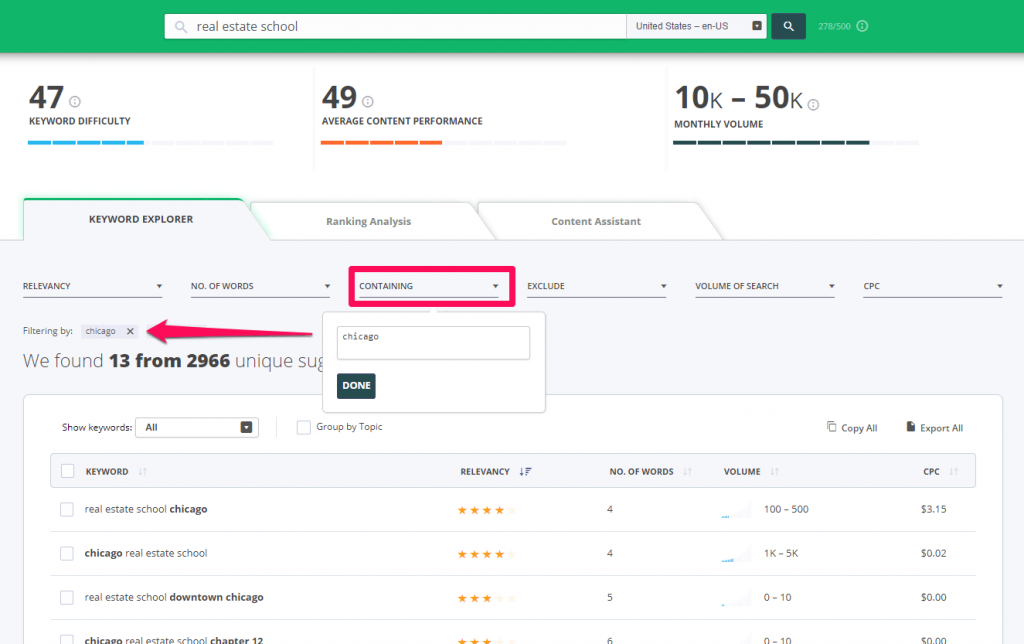
But a better choice would be to optimize your content for multiple keywords. In this case, it is quite simple because your case chose the first keyword: “real estate school” and the second one “real estate school in Chicago”, to have a better chance to rank on a higher geographical area.
10. Meta Descriptions Are Important for Ranking
There was a time when SEO meant focus keywords in the title, URL, content, meta descriptions, and alt descriptions, but SEO has evolved since then. Now there are lots of other factors that are important. Not to mention that local SEO has gained more value and influenced a lot more rankings. If somebody from New Jersey could see a top 10 pages for dog food, somebody else from Dubai could see an entirely different top 10 pages for the same query.
You can write whatever you want in your meta description, it doesn’t influence your local ranking, that’s because Google will choose from your content what is relevant for a query and not specifically what you wrote.
Let’s take the next example. We have an article that is called: How to Identify Influencers Within a Niche, which is optimized for multiple keyword formations.
First, we searched for “how to identify influencers” and you can see below the meta description for this query:
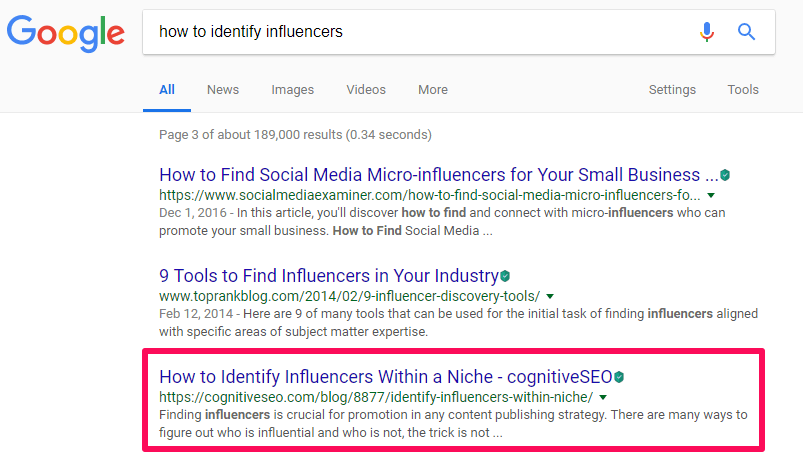
Secondly, we searched for “niche influencers” and we got different results:
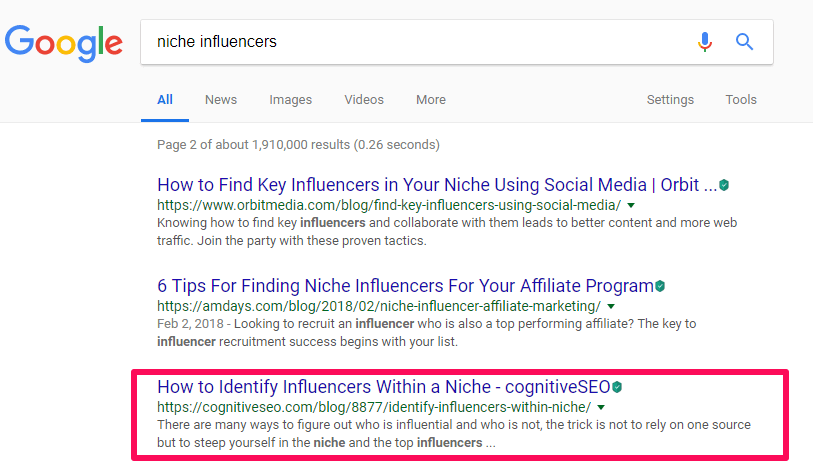
The interesting part of this experiment is that neither of these two meta descriptions was the one we had written. This is the original snippet:
Finding who is influential is crucial for promotion in any content publishing strategy.
Long story short, meta descriptions don’t matter so much for ranking locally or more, but that doesn’t mean you shouldn’t use them. Well-written meta descriptions can have a high influence on a page and can increase conversions.
11. Social Media is Useless for Local SEO
This myth started to gain more weight over the time, to my despair. I am guessing it was started by people who don’t use Social Media personally, don’t know or understand the value of it. If you’re not using Social Media, then you are missing out lots of opportunities for your business. Being active and having a social account shows to your audience the “human” part of your business.
We’ve talked multiples times regarding the social signals influence on SEO and we say every time that a strong presence on social networks is correlated with better rankings. This basically debunks the myth and tells everyone that an active profile on social media can positively influence your business on a local side for sure.
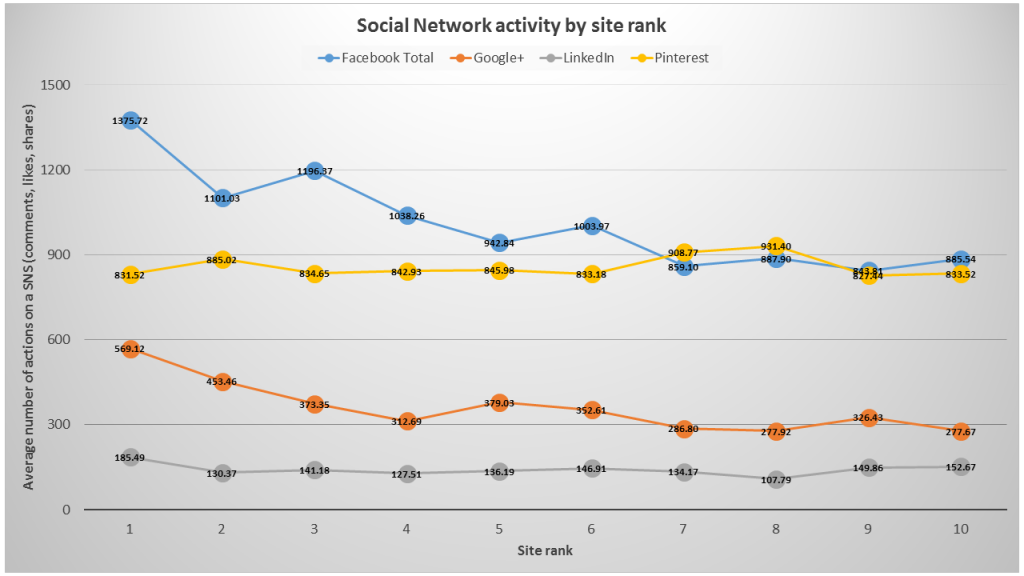
You must be careful what you post, the frequency; create engagement by responding to comments; follow other pages and create a relationship with other brands; make sponsored ads to boost visibility.
For new ideas, you can look at your top competitors and see what type of posts they have on each social account and which get the higher traction. cognitiveSEO has a module named Social Visibility, where you can compare your website with other competitors and see their best-performing social networks and which content is more engaging.
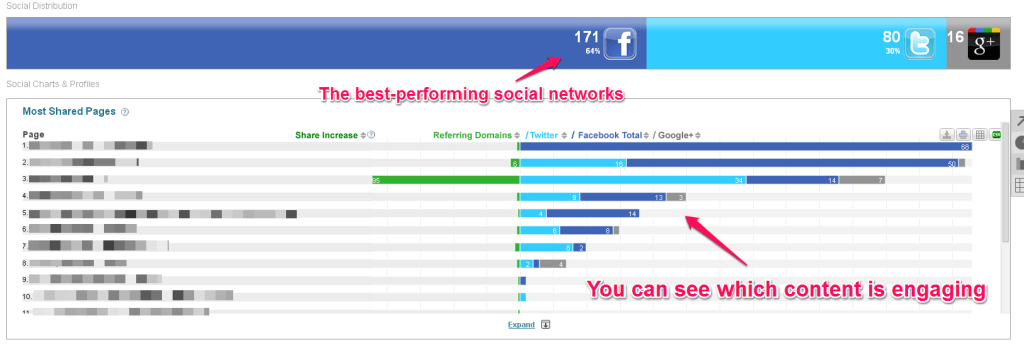
Conclusion
There are so many misconceptions over the internet with lots of opinions floating around the local SEO topic, that my head started spinning. I saw there’s a problem regarding this topic and thought of making a list of all the myths that exist, but writing about the ones that are believed by more people. I hope I made things clearer for people who are struggling to gain traction in their local search results.
There are 3 things you should always consider when tackling the local SEO: NAP citations, local reviews and claiming your business on Google My Business plus lots of other practices you should stay away from.
Search engines can be your friend, but if don’t know how to talk to them and feed them with the right information to explain what your intentions are, they won’t be friends with you/your website.
The post 11 Local SEO Myths Debunked Once and For All appeared first on SEO Blog | cognitiveSEO Blog on SEO Tactics & Strategies.
11 Local SEO Myths Debunked Once and For All posted first on
http://nickpontemarketing.tumblr.com/
